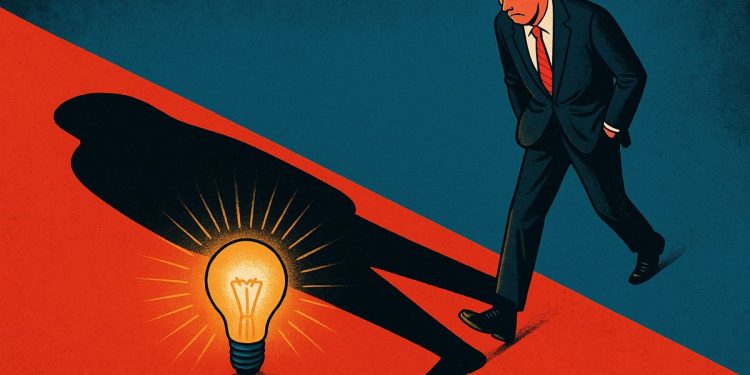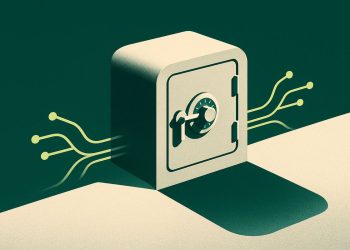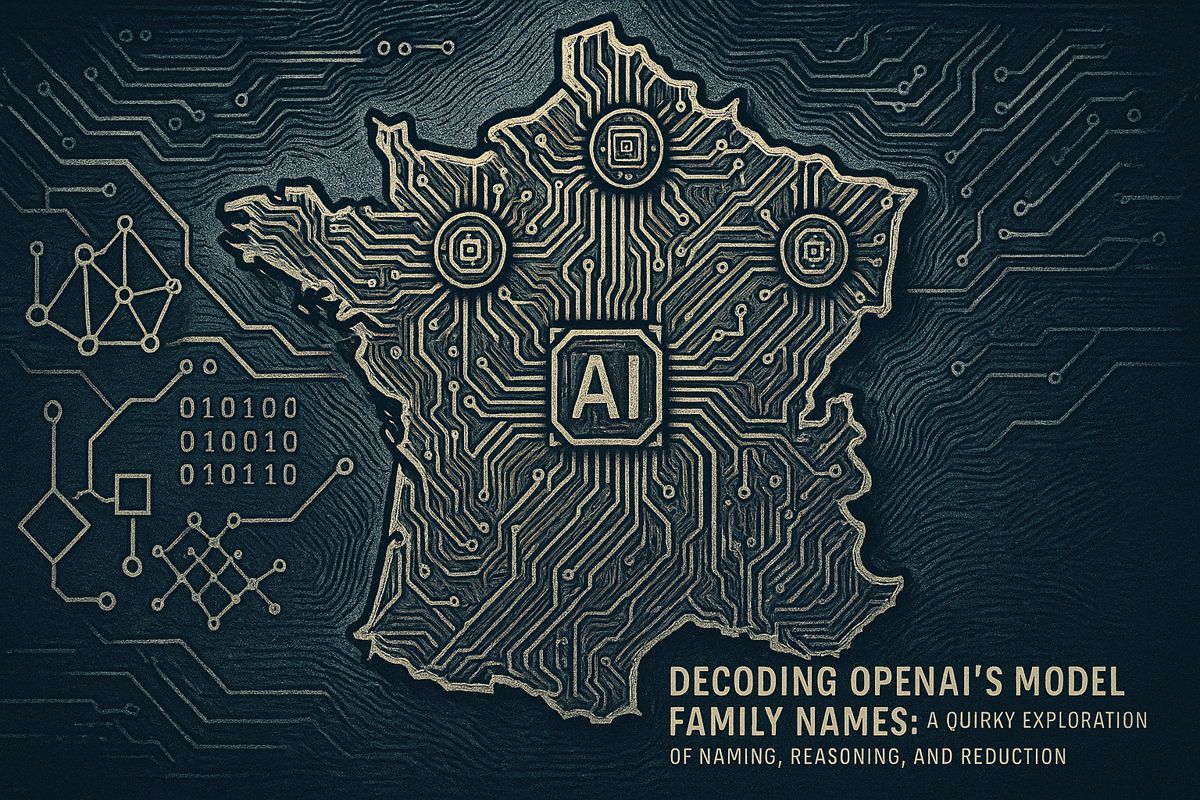Anthropic’s Claude Skills are a game-changing approach to AI tool use, offering a modular system that dramatically improves efficiency. Launched in early 2025, Skills allow developers and teams to package instructions, data, and scripts into compact, reusable folders. This design slashes prompt lengths, secures credentials, and transforms Claude into a powerful library of micro-workflows, sparking a major shift in how large language models are extended.
How Claude Skills Trim Token Budgets
The core innovation of Claude Skills is their ability to load instructions only when a user’s request requires them. A skill’s header costs just a few dozen tokens in the base prompt, with the full payload expanding on-demand. This just-in-time loading mechanism is the primary driver behind the reported 40-60% token reduction.
This efficiency gain is a significant leap forward. According to a benchmark from Skywork.ai, teams migrating repetitive tasks into Skills see context sizes shrink by 40-60%, leading to lower latency and direct cost savings. For example, one company saved over 11,000 tokens per employee weekly by converting workflows for release notes and meeting summaries into Skills. AI expert Simon Willison even called the feature’s efficiency jump “a bigger deal than MCP” in his detailed analysis (simonwillison.net).
Key mechanisms include:
- Progressive Loading: Skill files remain dormant until invoked by a relevant task.
- Prompt Caching: Stable base instructions are efficiently reused across multiple sessions.
- Local Scripting: Optional client-side scripts run locally, sending only the results back to the model, not the code.
Claude Skills vs. OpenAI’s Model Context Protocol (MCP)
A side-by-side comparison from Skywork.ai (skywork.ai) reveals the core philosophical differences between the two systems:
| Category | Claude Skills | OpenAI Model Context Protocol |
|---|---|---|
| Primary goal | Task packs for individual or team workflows | Vendor-neutral interface for external tools |
| Governance | Per-user or org libraries, ask-before-act permission | Central server with allowlists and audit trails |
| Portability | Works across Claude app, API, AWS Bedrock | Runs on any MCP-aware host |
| Latency path | Direct context scan, no extra network hop | HTTP call to MCP server, then host |
While different, the two are not mutually exclusive. Enterprises can leverage both by creating a Skill that directs Claude to call an external tool via MCP, combining low-token packaging with robust, cross-platform integration.
Practical Impact on Everyday Workflows
The benefits of Claude Skills extend beyond developers to all teams. For instance, Canva uses a Skill to apply brand guidelines to generated images, while Box has templated a Skill to summarize meetings and create follow-up tasks in Asana. Early adopters highlight three main advantages:
- Consistency: Tasks are executed from version-controlled folders, eliminating ad-hoc and inconsistent prompting.
- Discoverability: Skills are searchable within the Claude interface, making it easy for teams to find and share tools.
- Security: API keys and other sensitive credentials are scoped to the Skill, keeping them out of the main prompt context.
Anthropic’s roadmap suggests future agents may even write their own Skills, further automating repetitive work. For now, it’s clear that packaging workflows into modular Skills provides a lightweight and cost-effective bridge between simple chatbots and fully orchestrated AI agents.
How do Claude Skills actually cut token budgets by up to 60%?
Claude Skills only inject their full instructions when Claude detects the user needs them.
A skill’s front-matter header adds “just a few dozen tokens” to the base context; the heavy payload of scripts, docs, and CLI helpers is loaded just-in-time.
This selective-loading trick removes the classic overhead of keeping large tool definitions in every prompt, yielding the 40-60% token reduction reported by early teams.
What makes Claude Skills different from OpenAI’s Model Context Protocol (MCP)?
MCP is an open wire protocol – it standardizes how any host (Claude, VS Code, OpenAI Agents) talks to external tool servers.
Claude Skills are self-contained folders that live inside Claude itself; they package instructions + optional scripts and run without an extra server hop.
Experts like Simon Willison argue this “bigger deal than MCP” because it slashes latency, avoids hosting costs, and keeps sensitive data inside the Claude surface you already trust.
How are real teams using Skills in daily work?
Canva, Rakuten, and Box have published internal examples:
– Brand-guard Skill – auto-checks every marketing draft against color, font, and tone rules before it ships.
– JIRA-to-Summary Skill – turns raw ticket dumps into concise executive briefs, cutting weekly report time from 45 min to 5 min.
Across pilots, repeatable content-ops workflows show ~70% less editing rounds once the relevant Skill is invoked.
Do I need to be a developer to create a Skill?
No. A Skill is literally a Markdown file (SKILL.md) plus any scripts or files you want to bundle; you can write instructions in plain English and drop Bash, Python, or even spreadsheets alongside.
Analysts, PMs, and support leads are already publishing Skills to shared team libraries – no terminal required. Anthropic’s roadmap promises a visual Skill-builder in early 2026 to lower the bar further.
What happens next – will agents write their own Skills?
Anthropic’s engineering blog confirms the “next horizon” is letting Claude author, test, and refine Skills by itself.
In pilots, an experimental agent turned 27 repetitive analytics prompts into a single reusable Skill after scanning past conversations, shrinking future task time from 12 min to 90 sec.
If rolled out broadly, self-coding Skills could turn every user conversation into an evolving, shareable tool – a genuine step toward agentic self-improvement.



















